What Your House Says About Your Health
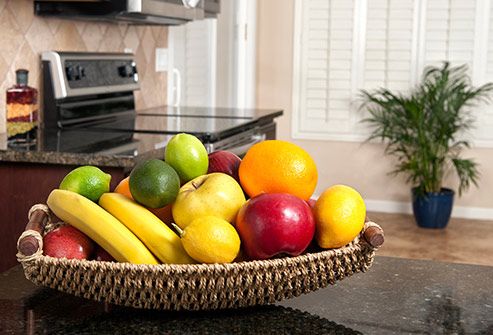
Set yourself up for snack success. Stock up on the good stuff: Fruits, veggies, whole grains, lean meats, and healthy fats. If you get canned goods, go for fruits packed in their own juice (instead of syrup). Skip additives like salt or sugar. When in doubt, read labels. Or better yet, stick to whole foods that don’t need labels in the first place.

Busy schedules and screens can butt in to dinnertime. That isn't good for your crew's health. Kids have better eating habits and teens are less likely to take part in risky behavior when mealtime is a family affair. Everyone benefits when you carve out time to sit at the table together.
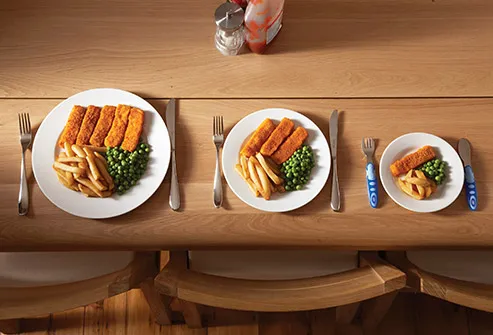
Did you know your plate size can affect your waist size? It’s true -- studies show that when people use larger bowls and plates, they fill them up. That means they eat more than they need. Try this simple switch at mealtime: Put healthy foods on bigger plates and less healthy foods on smaller ones. You’ll satisfy your hunger with more nutrients and less junk.
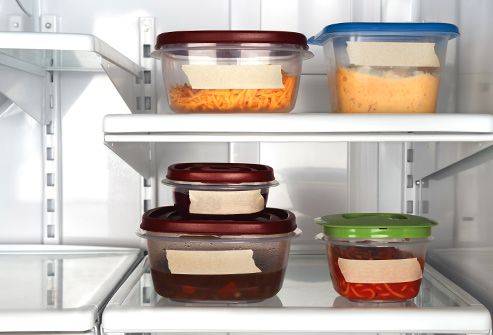
Eating them is a great way to get the most meal for your buck, but be sure you store them safely. Refrigerate leftover food right away in an airtight container to keep bacteria from setting up shop. Reheat in microwave-safe or oven-safe glass or ceramic (not plastic). Get food hot all the way through. Check for cold spots, so germs scram before you swallow.

Like to surf the Net before sleep, or drift off to a flickering TV? That can rob you of high-quality sleep. Light from electronic gadgets turns on the wakeful parts of your brain. This can make it harder to nod off. And the shut-eye you do get is often less restful.

Cuddling up with your cat or dozing with your dog at night can be a great comfort, but there are tradeoffs. Pets take up space in your bed, make noise, and move around. Even if they have their own beds on the floor, they can still disrupt your sleep. And if Fido is sick, snoozing together makes it easier for some germs to spread to you.

Do you wake up stiff and sore in the morning? Your mattress might be to blame. Not everyone needs a firm surface for sleep. Your body will tell you what’s best. Replace your mattress after about 8 years, and pick up new pillows if yours are shapeless or lumpy.
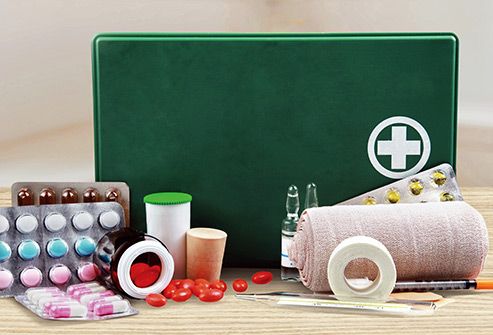
When minor injuries or illnesses strike, it’s good to have the right treatment on hand. Pick up a pre-stocked first-aid kit from your local pharmacy and read up on everything inside. Talk to your doctor about other items you might add. Put your kit somewhere you can get to easily (but kids can’t). Restock anything you use and any expired items.
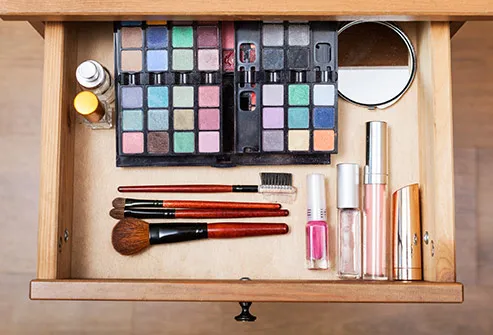
Whether you wear it every day or pull it out for special occasions, make sure it's germ-free. Store it in a cool, dry place, and always wash your hands before you apply. Try to avoid touching makeup in its container. Don't add water or saliva. And don't share with your friends.
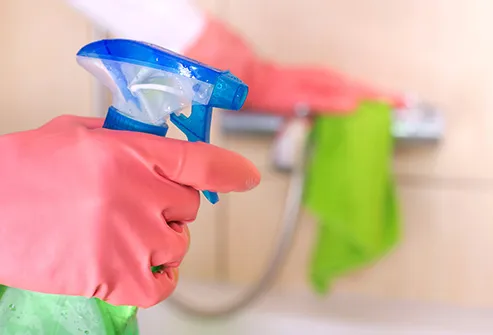
When your space isn’t well-ventilated, mold can set up shop, fast. It causes all kinds of health problems, from nose and throat irritation to infection. Send steam from your shower outside with a fan or open window. Clean up with mold-fighting products, and never install carpet on your bathroom floor.
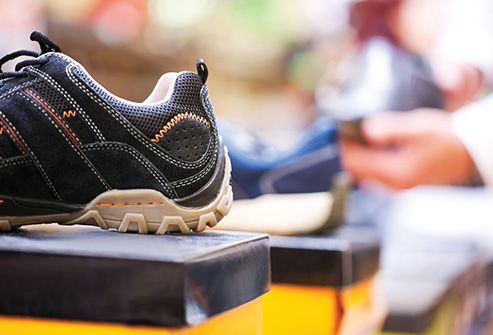
Your body needs about 150 minutes of aerobic exercise a week to stay healthy. But if you don’t have the right shoes, you can bring on new aches and pains. A sports specialty store can set you up with the right kicks for your activity level and style. Don’t believe the break-in myth. Shoes should be comfy from the moment you put them on.

Your wall color can help you get stuff done. Red, for example, can help you with detail-oriented tasks, like chopping vegetables and measuring ingredients. Choose blue for an area like a study or craft room to boost your creativity.
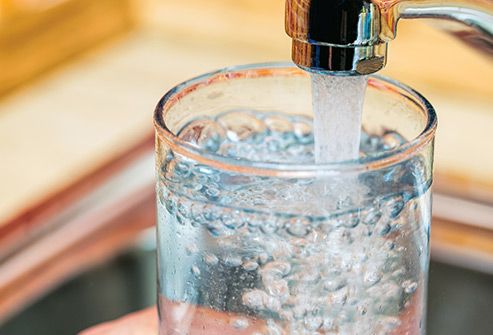
When the wrong stuff gets into your water, it can cause anything from a stomach bug to neurological disorders. The EPA guards public drinking water safety, but that's your job if you use well water. No matter where it comes from, be careful anytime your home’s water tastes or looks odd. This could be a sign of a problem. You can also use a water filtration system. Be sure you know what your filter can and can’t remove. Change it often.

Air that carries health hazards can irritate your eyes, nose, and throat. It can give you a headache or make you dizzy. It can also lead to long-term problems like cancer and respiratory and heart diseases. To lower the chances of indoor air pollution, make sure fresh air can get into your house. Open windows when you can. Be sure your house has proper ventilation. If you still have problems, consider an air-cleaning device.
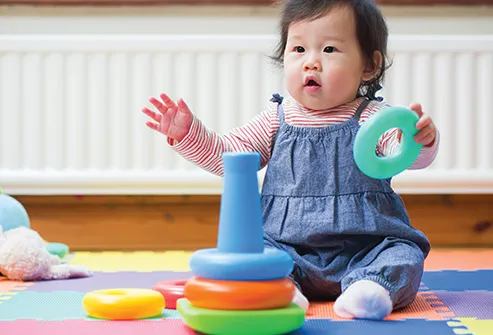
It’s more than just dirt. Anything in the air can end up in dust, like chemicals used in your flooring, cleaning products, and furniture. Young kids who spend time on the floor are more likely to have health problems from dust. Use an air cleaner with a HEPA filter. Wash your hands often, and clean with a damp cloth or wet mop.